Kinhtedothi - Attracting human resources, especially digital technology talent, requires high international competition. To attract international talent and avoid domestic talent loss, preferential policies must be outstanding and specific.
On the morning of March 25, at the 7th conference of full-time National Assembly deputies, term XV, National Assembly deputies discussed the different contents of the Law on Digital Technology Industry.
There are no outstanding incentives in talent attraction policies.
Participating in the discussion, National Assembly delegate Tran Van Khai, full-time member of the National Assembly's Committee on Science, Technology and Environment (Ha Nam Provincial Delegation) expressed his agreement on the necessity of promulgating the Law on Digital Technology Industry and affirmed that this is an important bill to institutionalize Resolution No. 57-NQ/TW of the Politburo on science and technology development, innovation and national digital transformation.
Commenting on special policies to attract and promote domestic and foreign technology talents with breakthrough mechanisms, delegate Tran Van Khai said that the Draft Law has been mentioned but is still general, not specifying outstanding incentives. The delegate proposed to add breakthrough talent attraction policies to create advantages for Vietnam in competing for high-quality human resources, such as: exempting and reducing income tax for technology experts; simplifying residence procedures for foreign experts; increasing support for training digital technology talents.
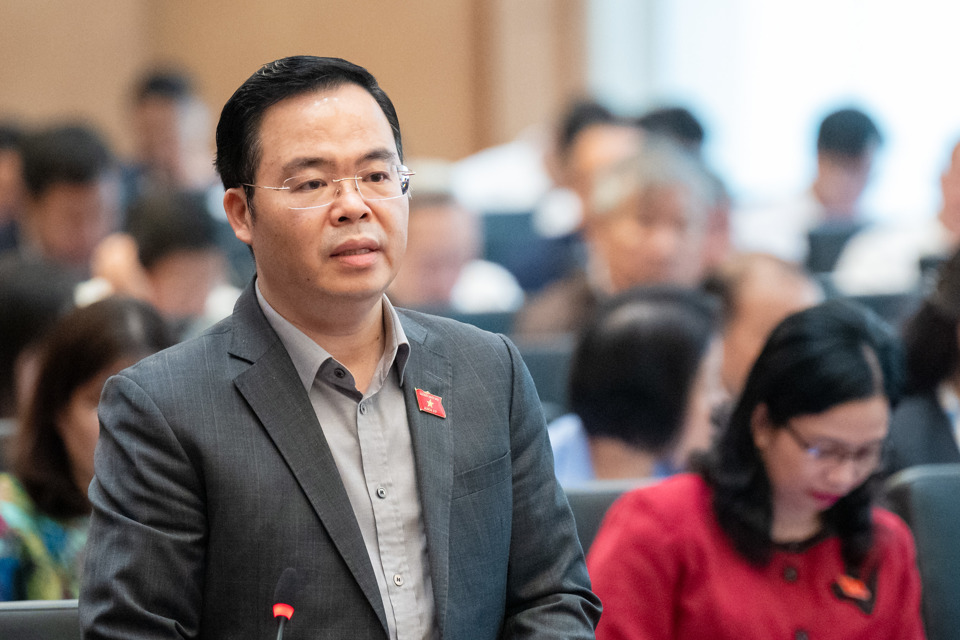
National Assembly delegate Pham Trong Nghia (Lang Son Province Delegation) presented figures on the global demand for digital technology personnel. Accordingly, by 2030, the world will need 149 million personnel in the digital technology sector; the digital technology industry will need about 66 million more workers with digital skills, with an average annual growth rate of 10-12%. In Vietnam, the target is to reach 1.8 million workers in the digital technology industry by 2030.
The draft Law has provided a number of incentives to train and attract human resources for the digital technology industry through policies such as scholarship support; attracting foreign experts; and promoting talents in Articles 23 and 24. Delegate Pham Trong Nghia said that attracting human resources, especially digital technology talents, requires high international competition. To attract international talents and avoid the loss of domestic talents, incentive policies must be outstanding, specific, and special as determined in Resolution 57; at the same time, they must be competitive enough with other countries. Therefore, the delegate requested the drafting agency to report more on incentive policies of some countries in the ASEAN region.
Propose to expand testing scope for all products
Contributing opinions on some specific contents, delegate Tran Van Khai mentioned: Resolution 57-NQ/TW requires innovation in management thinking, avoiding the mindset of "if you can't manage, then ban", paving the way for new technology through a controlled pilot mechanism. The draft Law has made progress with the regulation of the testing mechanism (Chapter V), but the scope of testing is still too narrow (Article 42), omitting many innovations; at the same time, it lists many prohibited acts very generally (Article 12) and imposes a number of additional business conditions.
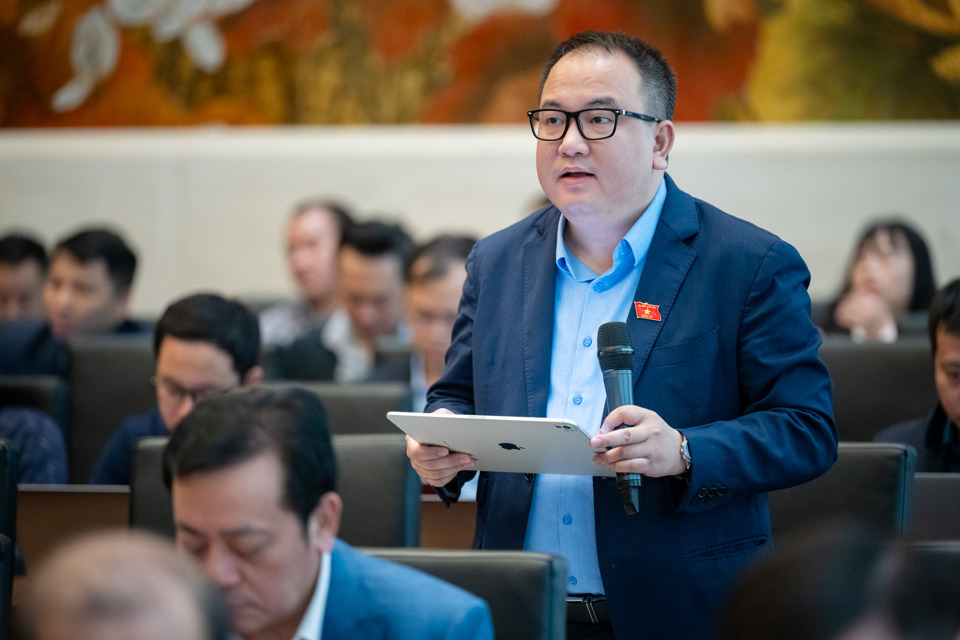
The Ha Nam provincial delegate said that this overly cautious management approach would stifle innovation and make businesses hesitant to experiment with new technologies in Vietnam. Therefore, it is recommended to expand the scope of the sandbox (a controlled testing institutional framework) for all new digital technology products and services that are not regulated by law; simplify the testing approval procedures; and remove unnecessary prohibitions and conditions. At the same time, it is necessary to empower the Government to temporarily allow piloting of new technologies and models that are not regulated by law (to be reported to the National Assembly later) in order to promptly seize development opportunities.
Also interested in this content, National Assembly delegate Nguyen Trong Nghia (Lang Son Provincial Delegation) said that currently, the controlled testing mechanism has been stipulated in a number of documents such as the 2024 Capital Law (Article 25) - The Capital Law takes effect from January 1, 2025, but the regulation on controlled testing in Article 25 takes effect from July 1, 2025; Law on Credit Institutions (Article 106) takes effect from July 1, 2024; Resolution No. 136 dated June 26, 2024 of the National Assembly on the organization of urban government and piloting a number of specific mechanisms and policies for the development of Da Nang City, effective from January 1, 2025; Resolution No. 98/2023/QH15 dated June 24, 2023 of the National Assembly on piloting a number of specific mechanisms and policies for the development of Ho Chi Minh City...
Therefore, it is recommended that the drafting agency further clarify the advantages, limitations, conveniences, difficulties, and impacts of implementing current regulations on the controlled testing mechanism. From there, it will serve as a practical basis for National Assembly deputies to consider this provision in the Draft Law at the 9th Session.
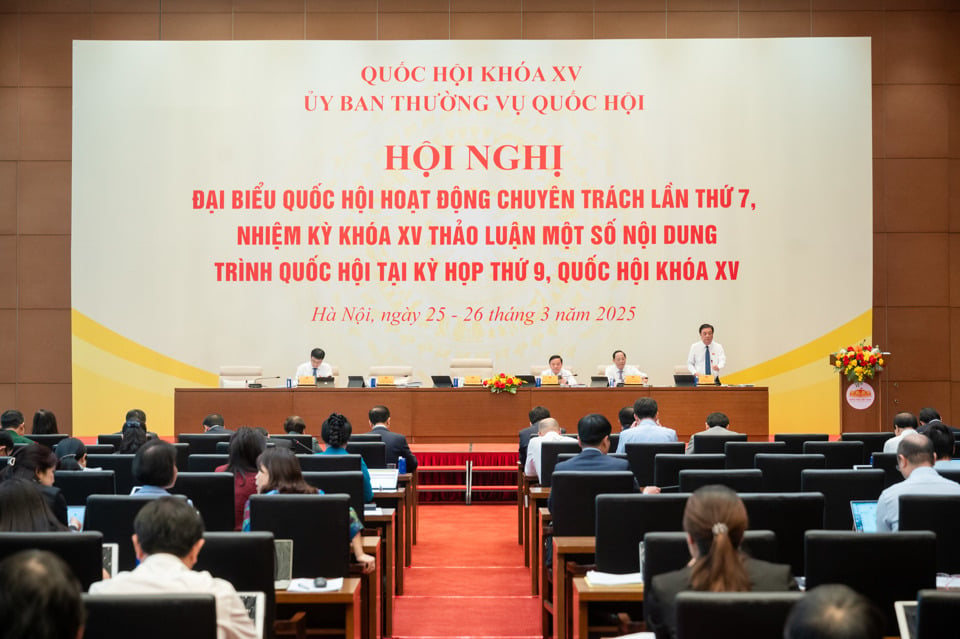
"Narrowing the digital divide" so no one is left behind
Regarding the State's policy on developing the digital technology industry, delegate Nguyen Trong Nghia proposed considering adding a policy on developing the digital technology industry to ensure national sovereignty in cyberspace; ensure network security, data security, and information security of organizations and individuals.
In addition, delegates suggested considering adding a policy to "narrow the digital gap" so that all people - especially disadvantaged groups such as ethnic minorities in remote, isolated and disadvantaged areas - can benefit from the development of the digital technology industry, so that no one is left behind in the process of developing the digital technology industry in our country.
Delegates also proposed to supplement regulations to promote the data economy according to the principle of "open data" and data sharing between state agencies and enterprises; forming data centers and exchanges. At the same time, the Government was assigned to regulate the list of open data and the mechanism to ensure safety and privacy when sharing data, thereby creating momentum for the data industry to develop in accordance with the spirit of Resolution 57-NQ/TW.
Source: https://kinhtedothi.vn/dai-bieu-quoc-hoi-kien-nghi-bo-sung-chinh-sach-dot-pha-trong-thu-hut-nhan-tai-cong-nghe.html


![[Photo] Prime Minister Pham Minh Chinh receives delegation of leaders of US universities](https://vstatic.vietnam.vn/vietnam/resource/IMAGE/2025/3/31/8be7f6be90624512b385fd1690124eaa)

![[Photo] Ministry of Defense sees off relief forces to the airport to Myanmar for mission](https://vstatic.vietnam.vn/vietnam/resource/IMAGE/2025/3/30/245629fab9d644fd909ecd67f1749123)


![[Photo] 2nd Conference of the Party Executive Committee of Central Party Agencies](https://vstatic.vietnam.vn/vietnam/resource/IMAGE/2025/3/31/8f85b88962b34701ac511682b09b1e0d)
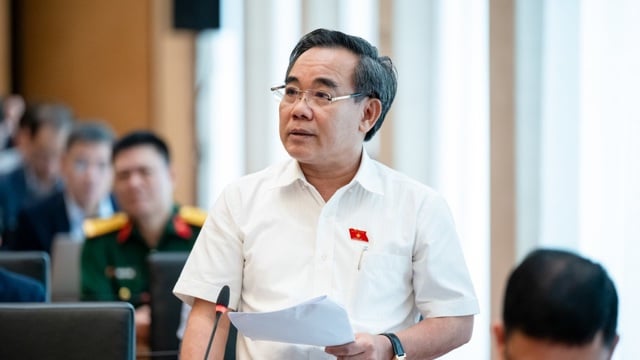


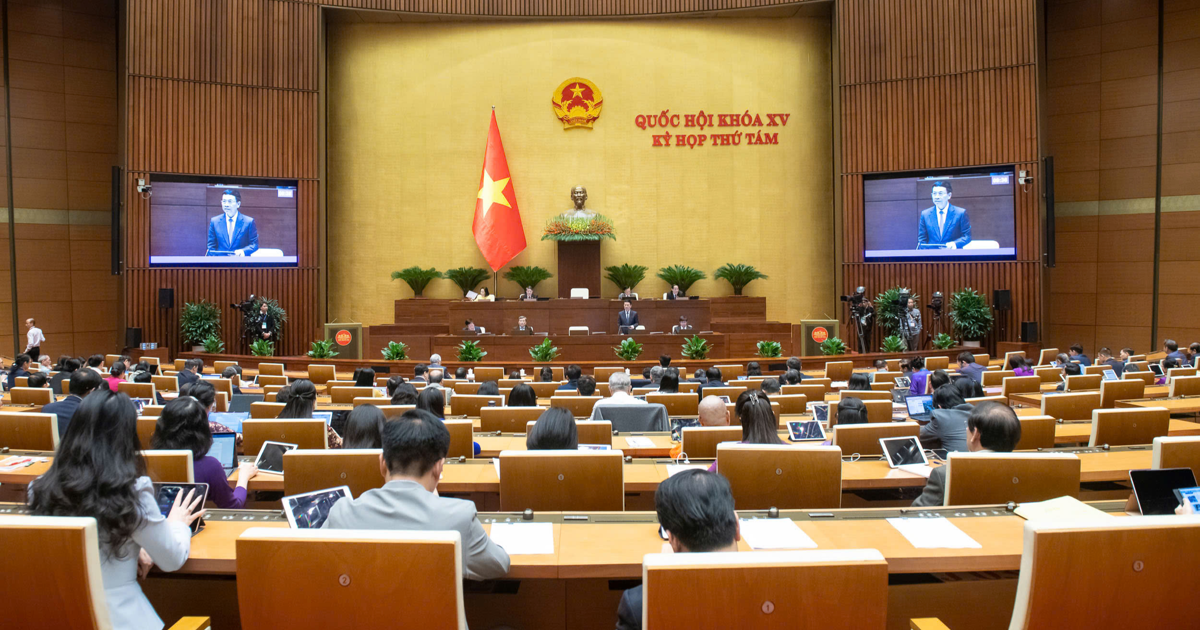
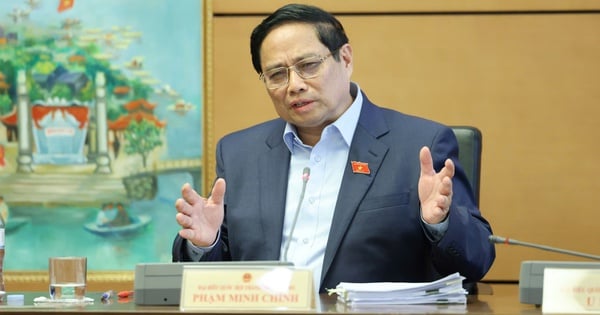

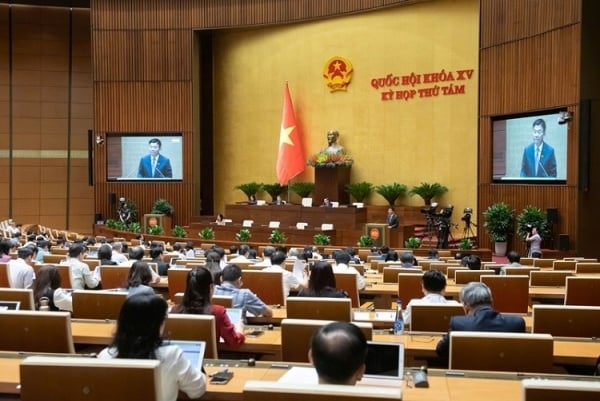

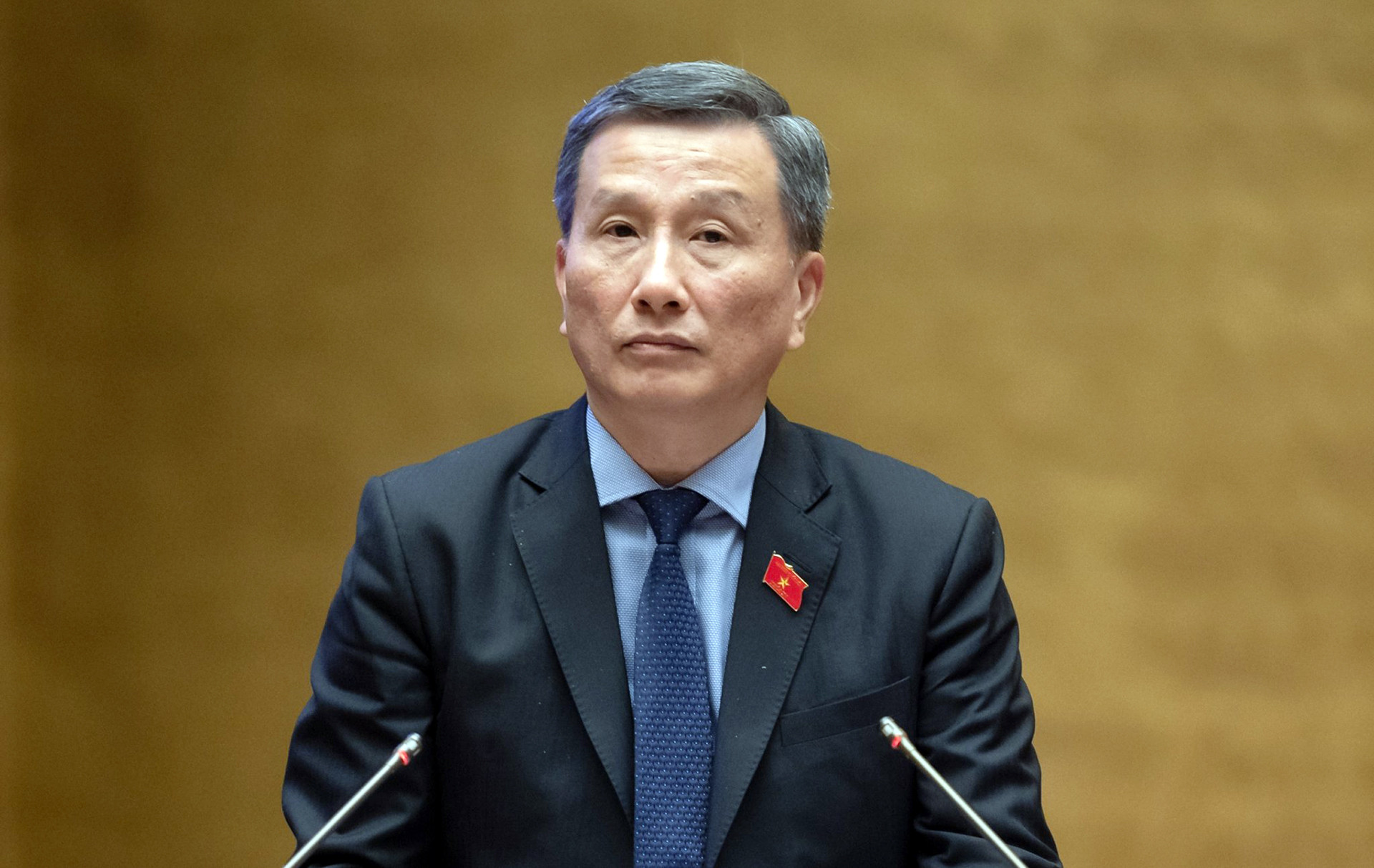

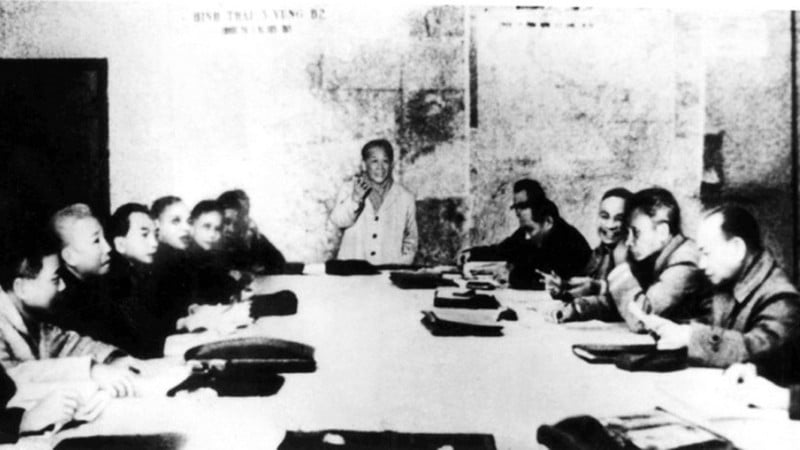



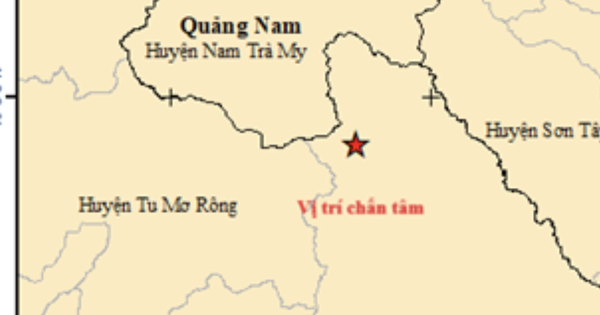







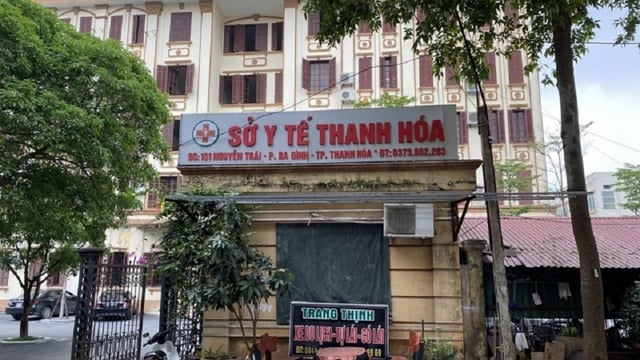
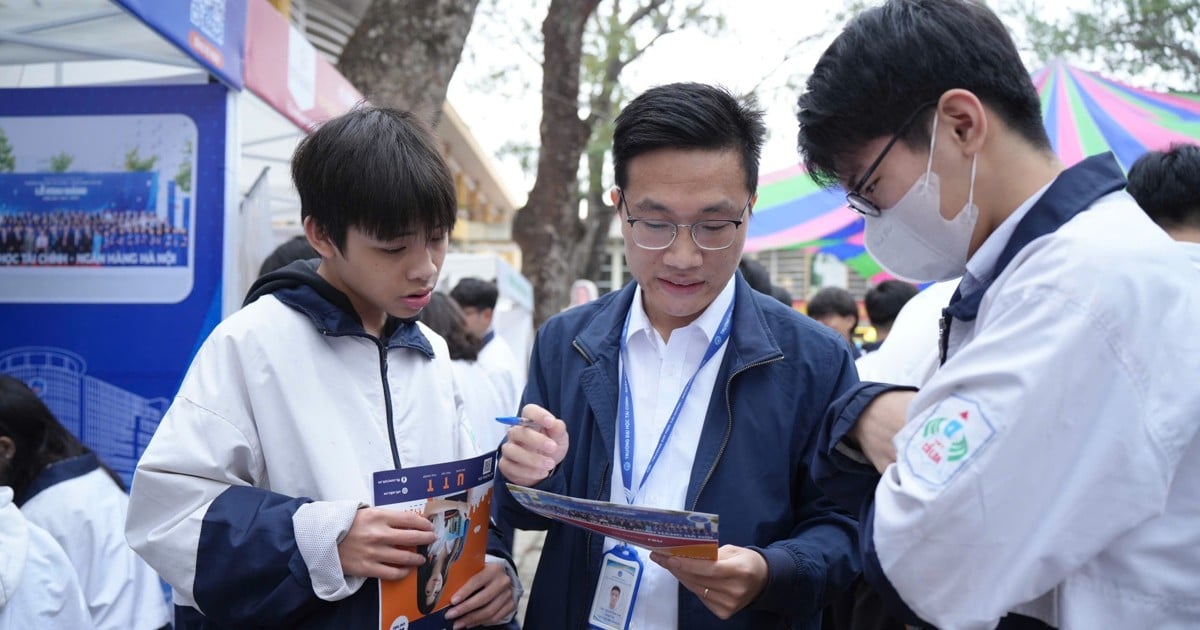
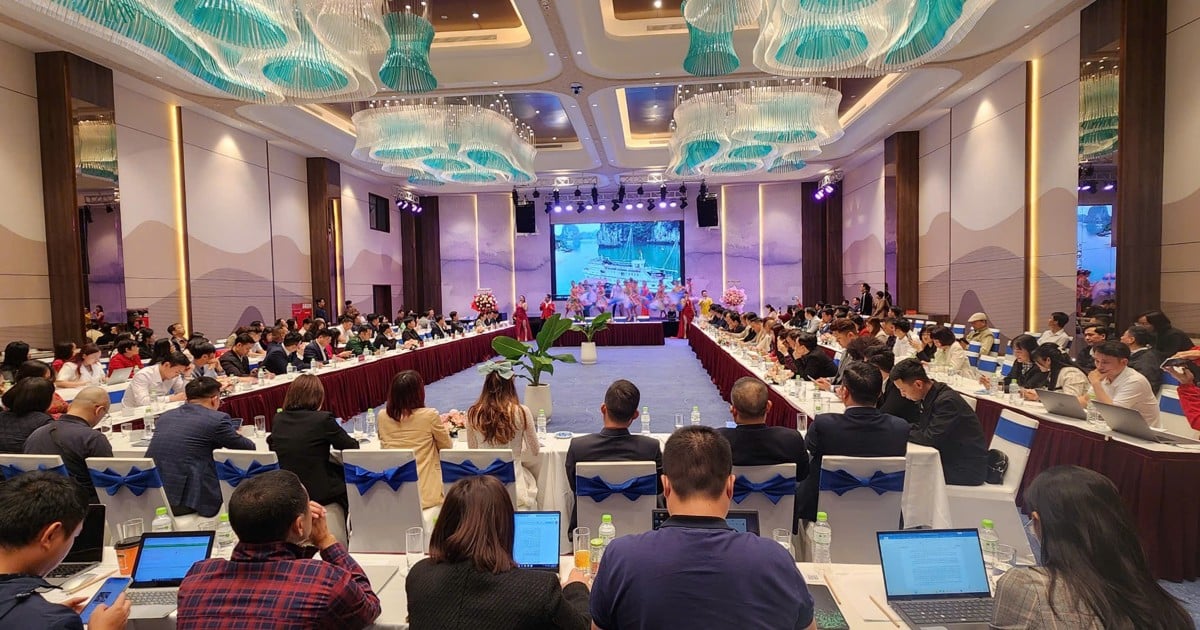

















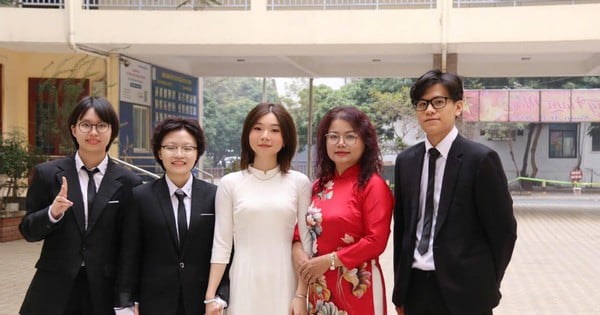




















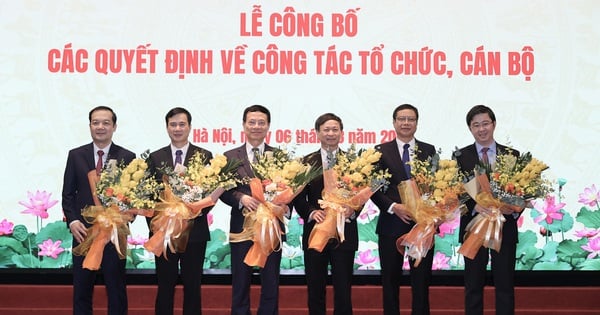






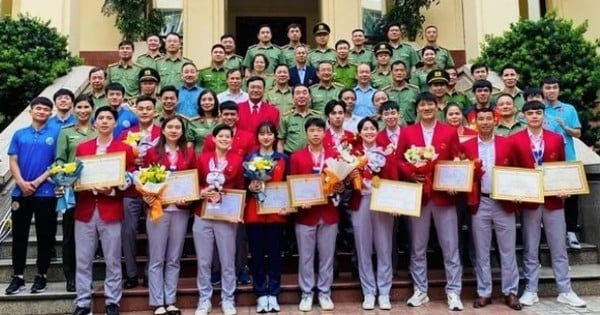





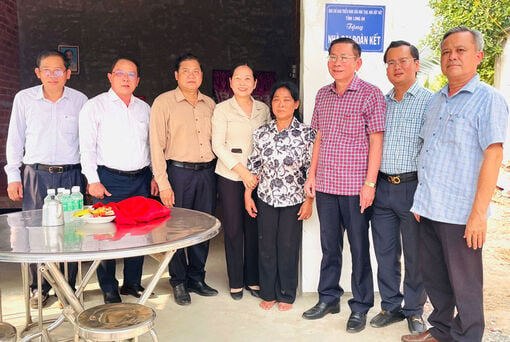

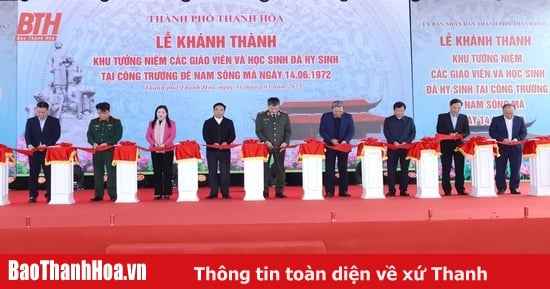

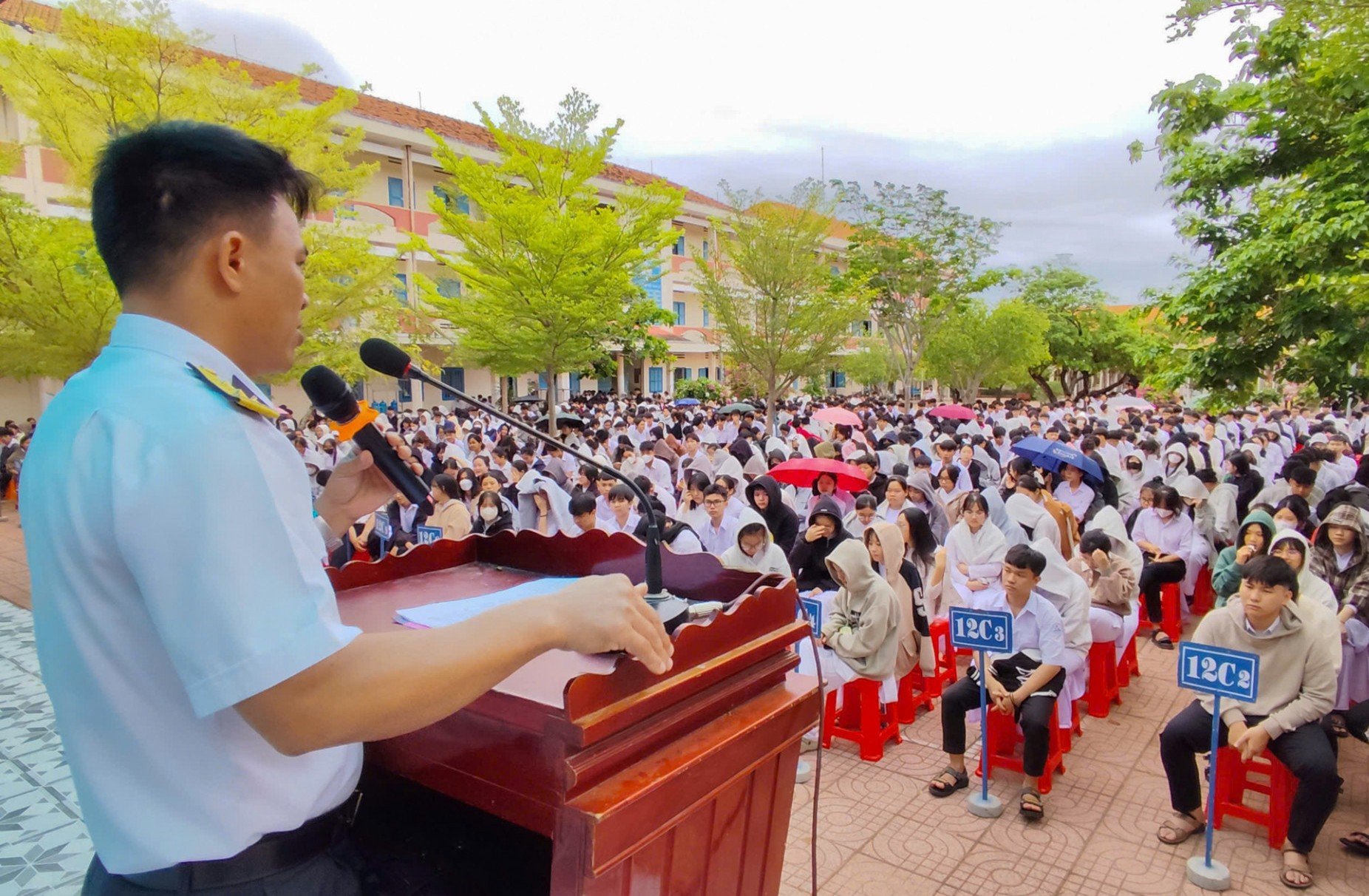









![[REVIEW OCOP] An Lanh Huong Vet Yen Cat](https://vstatic.vietnam.vn/vietnam/resource/IMAGE/2025/3/27/c25032328e9a47be9991d5be7c0cad8c)



Comment (0)